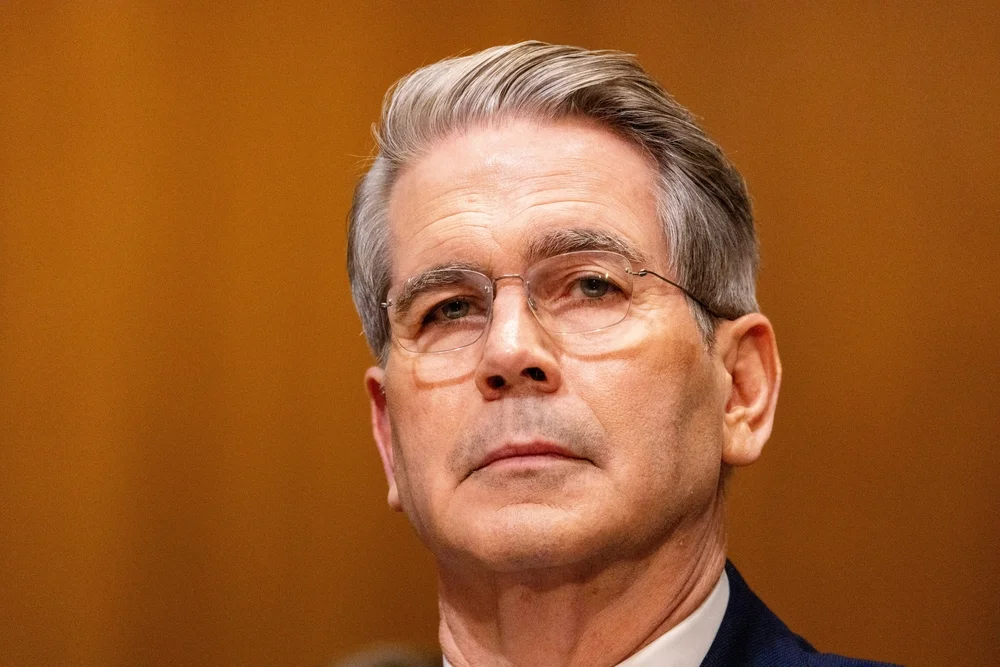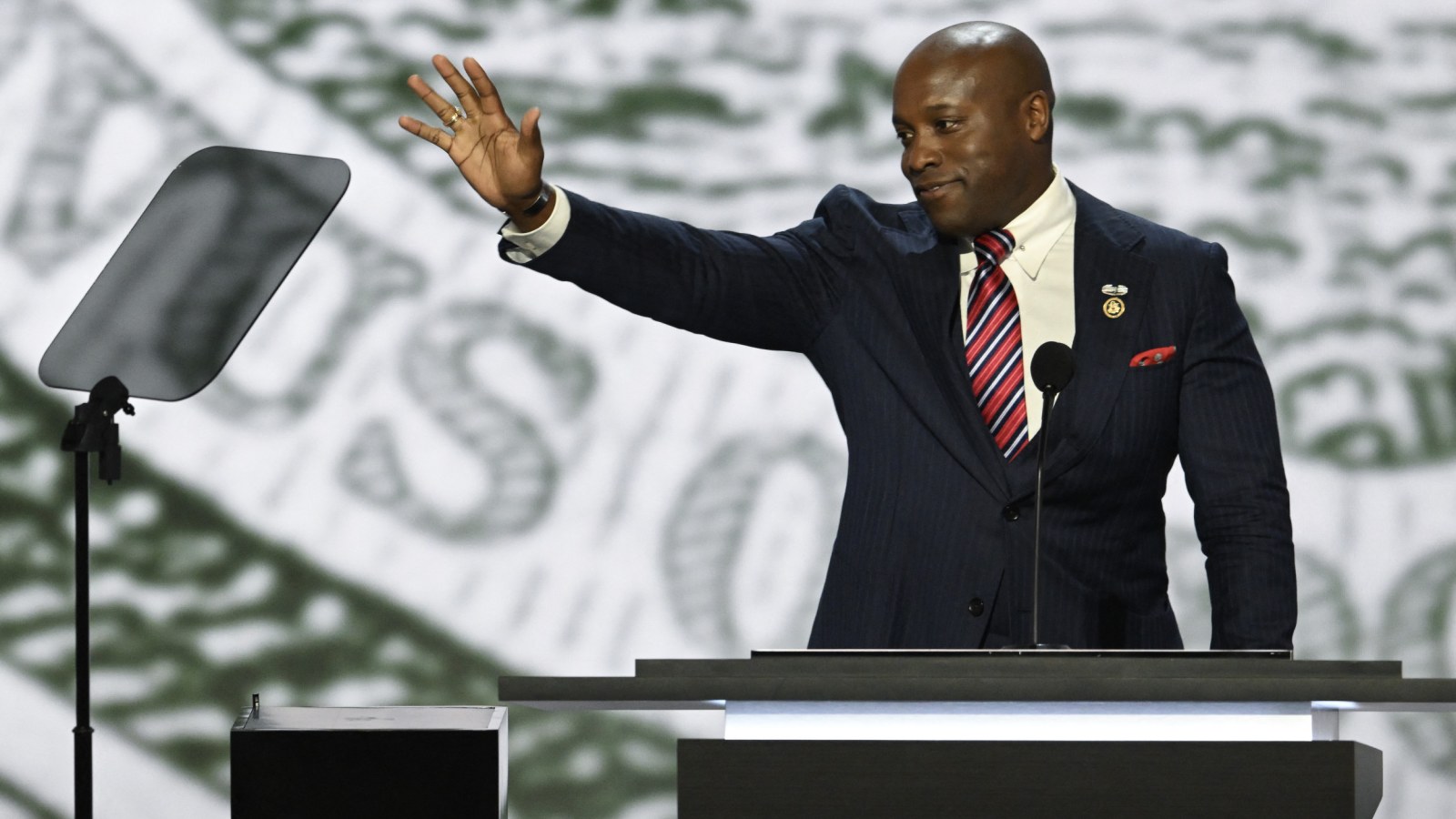
Treasury Secretary Scott Bessent warned Thursday that the ongoing government shutdown is more than a political standoff — it’s a direct threat to economic momentum and American livelihoods.
Speaking on CBNC’s Squawk Box placed the blame on Senate Majority Leader Chuck Schumer, arguing that “the American people are being held hostage” by internal Democratic Party politics.
“We have a 3.8% GDP, and the Democrats shut down the government. We could see a hit to the GDP, a hit to growth and a hit to working Americans,” Bessent said.
He claimed the GOP has enough votes for a clean continuing resolution (CR), but Schumer and House Minority Leader Hakeem Jeffries are blocking progress out of political pressure from the left.
Bessent Frames The Shutdown As An Inflation Risk
According to Bessent, the shutdown is a deliberate tactic by Democratic leaders to secure a $1.5 trillion spending increase, which he said would inject inflationary pressure into an already expanding U.S. economy.
He likened the move to the Inflation Reduction Act (IRA), blaming that legislation for “the worst inflation in half a century.”
“The Democrats seem to love inflation,” Bessent said, arguing the fiscal stimulus risks reversing economic progress made under the Trump administration.
Bessent also discussed ongoing Republican resistance to extending COVID-era subsidies under the Affordable Care Act, often referred to as Obamacare. He called the healthcare system “a mess,” blaming structural flaws that require massive subsidies to stay afloat.
He cited Trump’s push for prescription drug price reductions as a more effective reform, describing it as a central pillar of the administration’s health care cost containment effort.
“We’re not going to go back on those [budget] cuts,” Bessent said. “They were the largest in history.”
What’s The Real Economic Cost Of A Shutdown?
Wall Street analysts are starting to quantify the potential fallout.
An estimated 900,000 government workers could be affected by the shutdown, although the final figure might be lower due to early retirements, administrative leave programs or delayed furloughs.
According to Bank of America, federal civilian compensation accounts for 1.2% of GDP. If 40% of these workers are furloughed, the direct economic drag would be around 0.1 percentage points per week.
That means a two-week shutdown could shave 0.2 percentage points off quarterly GDP growth.
Historically, government shutdowns have had little impact on S&P 500 performance — and this time appears no different. On Thursday, the second day of the shutdown, the Vanguard S&P 500 ETF (NYSE:VOO) reached a new all-time high.
China Trade Talks, Support For US Farmers And Fed Talks
Bessent confirmed ongoing trade negotiations with China, which he’s leading, and previewed a major policy meeting between President Donald Trump and Xi Jinping later this month in Korea.
He expects a “big breakthrough,” especially with the current 90-day trade agreement expiring on Nov. 10.
He defended U.S. farmers caught in the crossfire, noting strong Trump-era agricultural trade enforcement and pledging new support measures. “We’ll see substantial support on Tuesday,” he said, especially for soybean farmers, who’ve faced falling Chinese demand.
Bessent also highlighted a record U.S. harvest this season, warning that oversupply could create storage issues and impact prices. Despite challenges, he emphasized U.S. farmers will not be left behind.
As for the search for the next Federal Reserve Chair, Bessent revealed that he has interviewed 11 candidates, including current and former Fed officials and private-sector economists.
“I expect to have the first round of interviews completed by next week. Then we’ll go to the second round.” A final short list of 3 to 5 names will be presented to President Trump soon.
Read Next:
Trump-Pfizer Deal Pushes Health Care Stocks To Best Rally In 5 Years
Photo: Shutterstock



